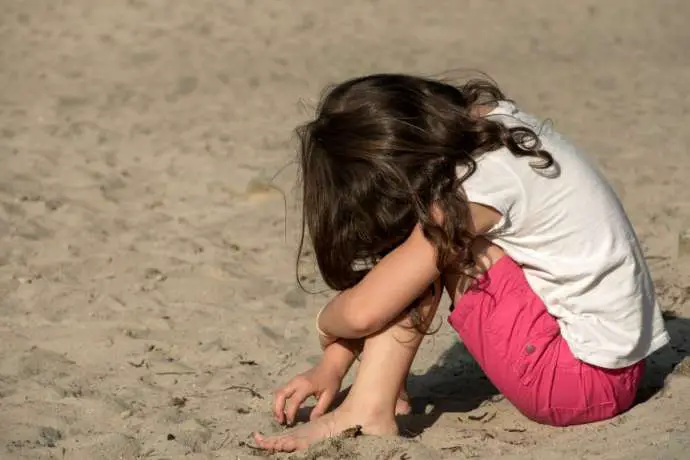The survey defined ten potentially traumatic events or experiences before the age of 18: emotional, physical and sexual violence (and sexual abuse), emotional or material neglect, violence among adults, addictions or mental disorders of a household member, a crime committed by a household member, divorce, abandonment by a parent, including because of death.
It was carried out online in 2019 by Ljubljana's Faculty of Social Science and the National Institute of Public Health (NIJZ), polling nearly 5,000 people. According to Metka Kuhar of the faculty, the figure is unprecedented for such surveys in Europe.
She explained the adverse experiences in childhood meant intensive stress over a longer period of time which affects one's emotions, health condition and relationships.
A person with such an experience develops fewer healthy strategies, has a poorer self-image, does worse at school, consequently finds a poor job and their life is consequently not of very high quality. "All this is adding up and even multiples," Kuhar pointed out.
The majority of those experiencing potentially traumatic events, or 56%, reported about emotional violence, followed by physical violence by an adult member of their household member (43%). Slightly fewer than a third experienced the death of a parent, their parents' divorce, or being abandoned by a parent.
Around a quarter said they had experienced emotional and material neglect, over a fifth had at least one addicted adult in their household, and over 12% experienced violence among adults.
Almost a fifth reported about a member of their households having a mental disorder, while the lowest shares of the respondents reported to have experienced sexual abuse and a crime committed by a member of the household.
Compared to those with no adverse experiences in childhood, the respondents who have experienced four or more such events are more likely to develop various diseases, including mental disorders, psychosomatic symptoms and a risk-prone behaviour.
Among the diseases they are more likely to develop, the NIJZ listed coronary and respiratory diseases, thyroid problems, migraine, depression, anxiety and obsessive-compulsive disorder.
People with so many traumatic experiences are also more likely to engage in drinking, become addicted and develop psychosomatic problems, such as headache, stomachache, insomnia, etc.
The NIZJ said this poorly researched field in Slovenia should be given more attention in the future to improve the heath condition and well-being of individuals, families and the community.
"A step forward would be drafting a strategy to comprehensively address this issue, from prevention, early detection and monitoring to transforming certain organisations to base them on understanding trauma, as well as providing support to those with aggravating experiences in childhood and their families."
Participants of the online debate agreed protocols for early detection should be put in place and new programmes developed to strengthen traumatised people's emotional and social skills. A system of accessible and free-of-charge treatment and assistance should also be ensured.
The survey covered 4,939 adults whose average age was 47. Almost 44% of them had vocational education, 31% secondary school and 25% higher education completed. It was financed by the national Research Agency and the Ministry of Health.







